VENEZUELAN POLICE have been spotted using the IRANIAN Quik car
In an intriguing development within the realm of international relations, reports have emerged showing that Venezuelan police forces have been using Iranian-made Quik cars. This news has raised eyebrows among observers, as the Quik car, manufactured by Iran’s automobile industry, is not widely seen outside of the country. The use of such vehicles by Venezuelan law enforcement is part of a broader pattern of increasing cooperation between the two nations, both of which have been subject to economic sanctions from the United States and other Western powers.
The Iranian Quik car: A brief overview
The Quik car is a compact vehicle developed by Iran’s largest automaker, Iran Khodro. It was first introduced in 2017 as part of the country’s efforts to boost its domestic automotive industry. The car is designed for urban use, with a focus on affordability and efficiency. Its compact size and relatively low cost make it an attractive option for countries facing economic challenges or those looking to reduce their reliance on foreign-made vehicles.
While the Quik car has seen limited distribution internationally, it is well-known within Iran and has become a symbol of the country’s ability to produce its own automotive products despite facing significant sanctions. The vehicle is often associated with Iran’s efforts to develop self-sufficiency in various sectors, including manufacturing and energy.
Venezuela’s growing ties with Iran
The sight of Venezuelan police using Iranian-made cars highlights the growing ties between the two nations. Venezuela, under the leadership of President Nicolás Maduro, has sought to deepen its relationships with countries like Iran in an effort to circumvent the sanctions imposed by the United States and other Western countries. Both Venezuela and Iran have faced significant economic challenges due to these sanctions, which have targeted key industries, including oil and finance.
In recent years, Iran and Venezuela have increasingly aligned their foreign policies, with the two nations cooperating on a variety of issues, including energy, defense, and trade. The use of Iranian vehicles by Venezuelan police forces can be seen as a manifestation of this broader partnership. By importing Iranian-made cars, Venezuela is likely seeking to reduce its reliance on Western automakers, many of whom have ceased operations in the country due to the economic climate and political instability.
The role of sanctions in shaping this partnership
Sanctions have played a pivotal role in shaping the relationship between Venezuela and Iran. Both nations have faced economic isolation from the West, which has led them to seek out alternative partners. The United States, in particular, has targeted both countries with a range of sanctions, aiming to disrupt their economies and weaken their governments. These measures have included restrictions on oil exports, financial transactions, and access to international markets.
In response, Venezuela and Iran have sought to create a counterbalance to the Western-dominated global order by fostering closer ties. This partnership has led to increased cooperation in areas like energy, with Iran providing assistance to Venezuela’s struggling oil industry, and military collaboration, with Iran helping to bolster Venezuela’s defense capabilities. The use of Iranian Quik cars by Venezuelan police is a clear example of how the two nations are working together to sidestep international pressure and strengthen their bilateral relationship.
Implications for the region and global relations
The growing alliance between Venezuela and Iran, symbolized by the use of Iranian cars by Venezuelan law enforcement, has broader implications for Latin America and global geopolitics. The deepening ties between these two nations come at a time when many Latin American countries are grappling with the economic fallout of the COVID-19 pandemic and ongoing political instability.
For countries in the region, the strengthening of Venezuela-Iran relations could lead to increased diplomatic and economic support for Venezuela from Iran, as well as the potential for other countries to explore similar partnerships. In the context of global relations, the use of Iranian vehicles in Venezuela also underscores the ongoing efforts by both countries to resist Western influence and create alternative avenues for trade and cooperation.
However, the growing Venezuela-Iran partnership is also likely to draw scrutiny from the United States and its allies, who have long viewed both countries as adversaries. This development could further complicate relations between the U.S. and Latin American countries that may seek closer ties with Iran or Venezuela, potentially leading to a shift in regional alliances and foreign policy priorities.
The potential for further collaboration
The sight of Venezuelan police using Iranian cars raises the question of what other forms of collaboration may emerge between the two countries in the future. Given the shared challenges they face, it is likely that Venezuela and Iran will continue to explore ways to support each other economically, politically, and militarily.
For example, there could be increased trade between the two nations, with Iran supplying more goods and services to Venezuela, including vehicles, machinery, and technology. In return, Venezuela may offer Iran access to its vast oil reserves, which are among the largest in the world. The two countries may also increase their cooperation in areas such as defense, intelligence-sharing, and counterterrorism, as both face external pressure from the United States and other Western powers.
The growing cooperation between Venezuela and Iran could also have an impact on the broader international community. Countries like Russia and China, which have also faced Western sanctions, may look to the Venezuela-Iran relationship as a model for building their own strategic alliances in the face of global pressure. The ongoing shift toward multipolarity in international relations could make it more difficult for Western powers to maintain their dominance over global trade and politics.
In Conclusion
The use of Iranian-made Quik cars by Venezuelan police highlights the increasingly close relationship between Venezuela and Iran, both of which are seeking to navigate the challenges posed by international sanctions. This development is just one example of how the two nations are working together to counterbalance Western influence and strengthen their ties across various sectors. As Venezuela continues to face economic hardship and political instability, its partnership with Iran will likely remain a key element of its foreign policy, with potential ripple effects on the wider geopolitical landscape.

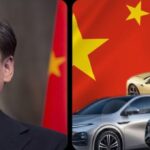

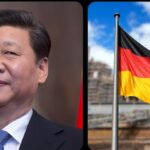
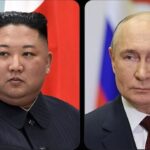


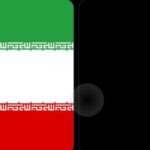
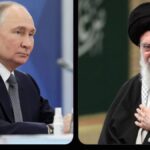


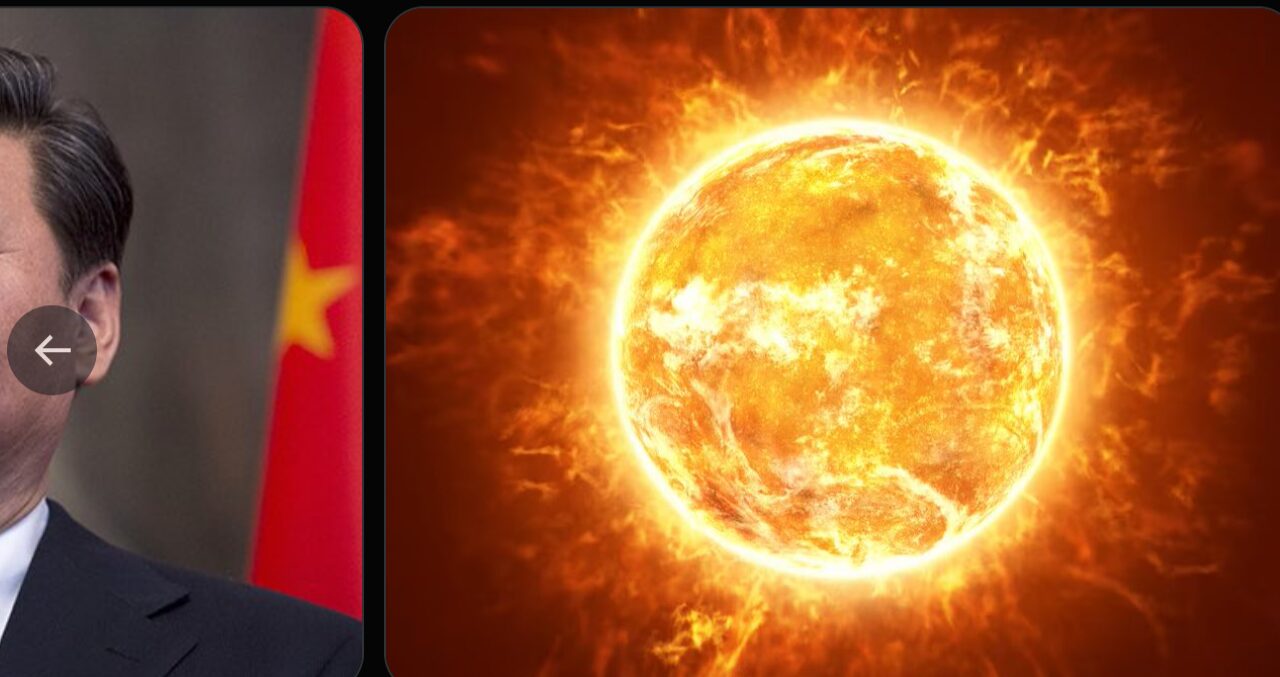





Post Comment